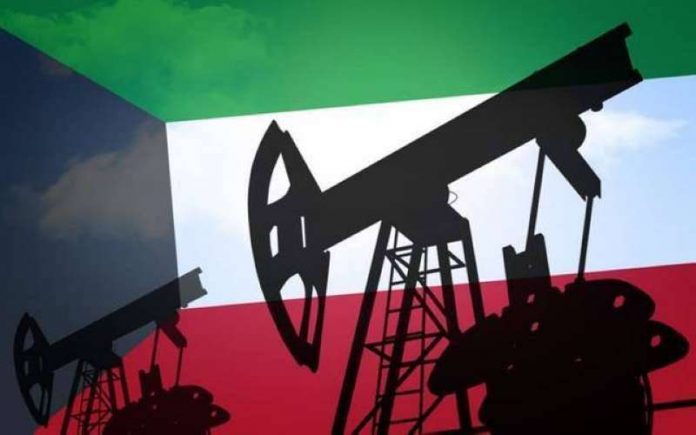MEED magazine said in a report that for years, the high level of public spending in Kuwait and the relative lack of liquid assets heralded a looming liquidity crisis, adding that the Covid-19 pandemic and the collapse of oil prices in 2020 drained reserves more quickly than expected and turned the permanent confrontation in Kuwait between the government and the National Assembly over public spending leads to a financial crisis.
According to Al-Rai daily, MEED referred to the approval of the 2021-2022 budget in June 2021, which included allocating large funding for strategic projects, and also expected a deficit of $36 billion.
MEED sees spending cuts as the only way to quickly reduce the deficit, but cutting public sector wages is politically unpalatable, and at the same time, long-term growth needs strategic investment.
In the post-Covid-19 era, Kuwait’s priority is to accelerate diversification in Vision 2035 and a structural economic reform program aimed at bringing private investment and new job-creating industries to the country. The magazine pointed out that the recovery of oil prices in the second half of 2021 significantly eased pressure on Kuwait’s financial resources, and revived optimism about project spending prospects.
With projects planned or under implementation worth about $200 billion, MEED believes that there is no shortage of potential opportunities in Kuwait, only the challenge lies in the ability to deliver these projects, given that very few of these projects are planned. It is offered as a bid or awarded. She added that with the exception of 2020, the Kuwaiti projects market has declined annually since 2015.
Spending on projects in the oil industry in Kuwait decreased in 2019 and 2020 due to the pandemic and low oil prices. But the restructuring of the sector in 2021 coincided with some major contracts for oil and gas projects, raising hope for new spending.
Beyond the oil and gas sector, the PPP (public-private partnerships) Projects Authority would like to make progress in its program of privately funded PPP projects. Kuwaiti banks appreciate the need to increase the involvement of local institutions in PPP projects, and see the positives in the long-term commitment to financing local projects. But MEED believes that Kuwait needs decisive action from the government and much faster implementation to achieve its goals.
It is worth noting that most of the projects planned in Kuwait include urgent infrastructure development projects, after more than a decade of declining spending on these projects. The magazine concludes its article by saying that in order for the investment strategy in Kuwait Vision 2035 to succeed, everything that hinders progress or prevents the achievement of the goal must be overcome.

















